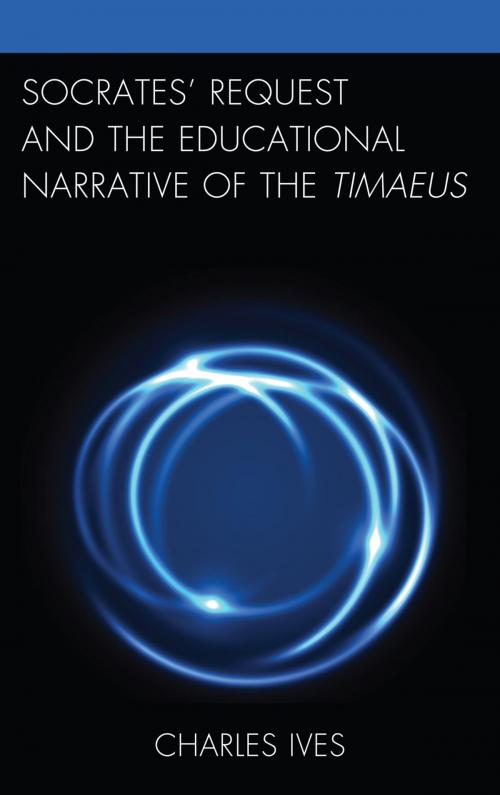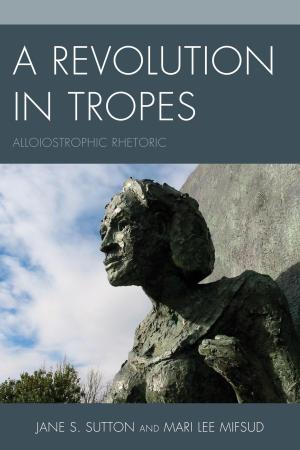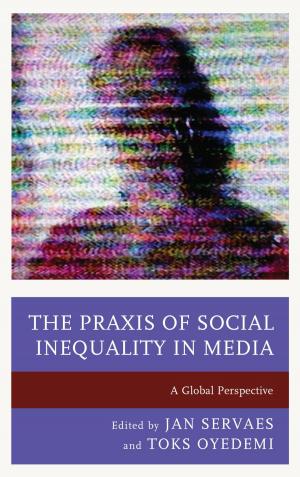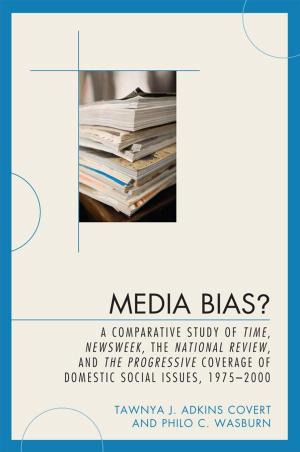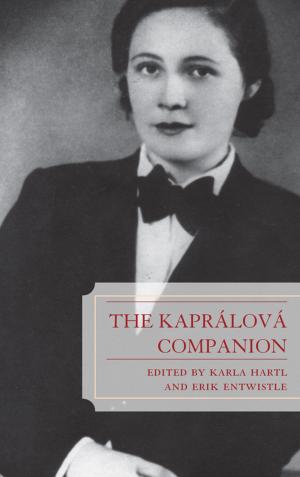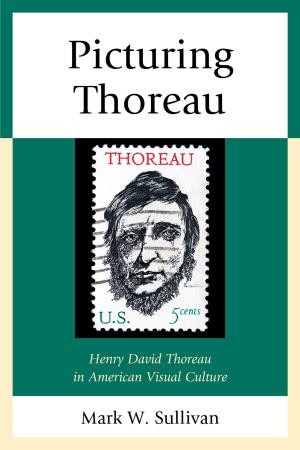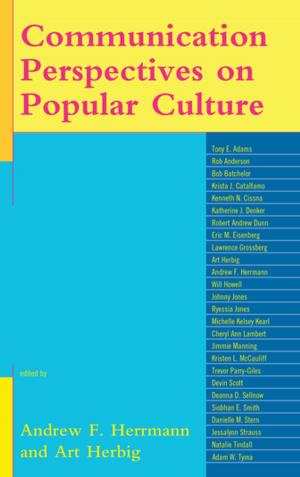Socrates’ Request and the Educational Narrative of the Timaeus
Nonfiction, Religion & Spirituality, Philosophy, Ancient| Author: | Charles Ives | ISBN: | 9781498528511 |
| Publisher: | Lexington Books | Publication: | May 2, 2017 |
| Imprint: | Lexington Books | Language: | English |
| Author: | Charles Ives |
| ISBN: | 9781498528511 |
| Publisher: | Lexington Books |
| Publication: | May 2, 2017 |
| Imprint: | Lexington Books |
| Language: | English |
Timaeus is not an independent work. Rather, it is the premier dialogue in an unfinished trilogy that also includes Critias, of which we have only a fragment, and Hermocrates, which is forecast in Critias but was presumably never written. There is demand, and has been for some time now, for an account of the relevance between the extant parts of the trilogy, namely the pertinence of Timaeus’ cosmology to Critias’ war story. Over time this demand has been refined. There is now a more specific interest in the relevance of the cosmology to what is commonly known as “Socrates’ Request”—that is, what Socrates is asking of his interlocutors at the outset of the trilogy. While Charles Ives certainly addresses the former, more general demand, the primary concern in this book is with the latter, given the obvious aptness of Critias’ contribution. Socrates, at least in part, is asking for a story about a war, and Critias provides it. What is far from obvious is how Timaeus’ contribution fits into this picture.
In order to illuminate the nature of this contribution, Ives first establishes that Socrates is asking for an encomium with two areas of focus, which will be taken up by Critias and Timaeus. Critias will speak on war—more precisely, on the war between ancient Athens and Atlantis. Timaeus will speak on the warriors’ education as philosophers, and in particular on the formation and nature of the philosophical soul. To show the relevance of Timaeus’ speech to the request, Ives highlights the educational aspects of the dialogue, charting the progress of an educational program that aims at health. The book especially focuses on the convalescence of intellect, which ushers in discussions of the medical dimensions of Timaeus’ physics; the markedly Platonic project of becoming like god; and the comprehensively philosophical soul that leads its possessor to success on the battlefield.
Socrates’ Request and the Educational Narrative of the Timaeus is written for those interested in ancient philosophy and philosophy of education.
Timaeus is not an independent work. Rather, it is the premier dialogue in an unfinished trilogy that also includes Critias, of which we have only a fragment, and Hermocrates, which is forecast in Critias but was presumably never written. There is demand, and has been for some time now, for an account of the relevance between the extant parts of the trilogy, namely the pertinence of Timaeus’ cosmology to Critias’ war story. Over time this demand has been refined. There is now a more specific interest in the relevance of the cosmology to what is commonly known as “Socrates’ Request”—that is, what Socrates is asking of his interlocutors at the outset of the trilogy. While Charles Ives certainly addresses the former, more general demand, the primary concern in this book is with the latter, given the obvious aptness of Critias’ contribution. Socrates, at least in part, is asking for a story about a war, and Critias provides it. What is far from obvious is how Timaeus’ contribution fits into this picture.
In order to illuminate the nature of this contribution, Ives first establishes that Socrates is asking for an encomium with two areas of focus, which will be taken up by Critias and Timaeus. Critias will speak on war—more precisely, on the war between ancient Athens and Atlantis. Timaeus will speak on the warriors’ education as philosophers, and in particular on the formation and nature of the philosophical soul. To show the relevance of Timaeus’ speech to the request, Ives highlights the educational aspects of the dialogue, charting the progress of an educational program that aims at health. The book especially focuses on the convalescence of intellect, which ushers in discussions of the medical dimensions of Timaeus’ physics; the markedly Platonic project of becoming like god; and the comprehensively philosophical soul that leads its possessor to success on the battlefield.
Socrates’ Request and the Educational Narrative of the Timaeus is written for those interested in ancient philosophy and philosophy of education.
